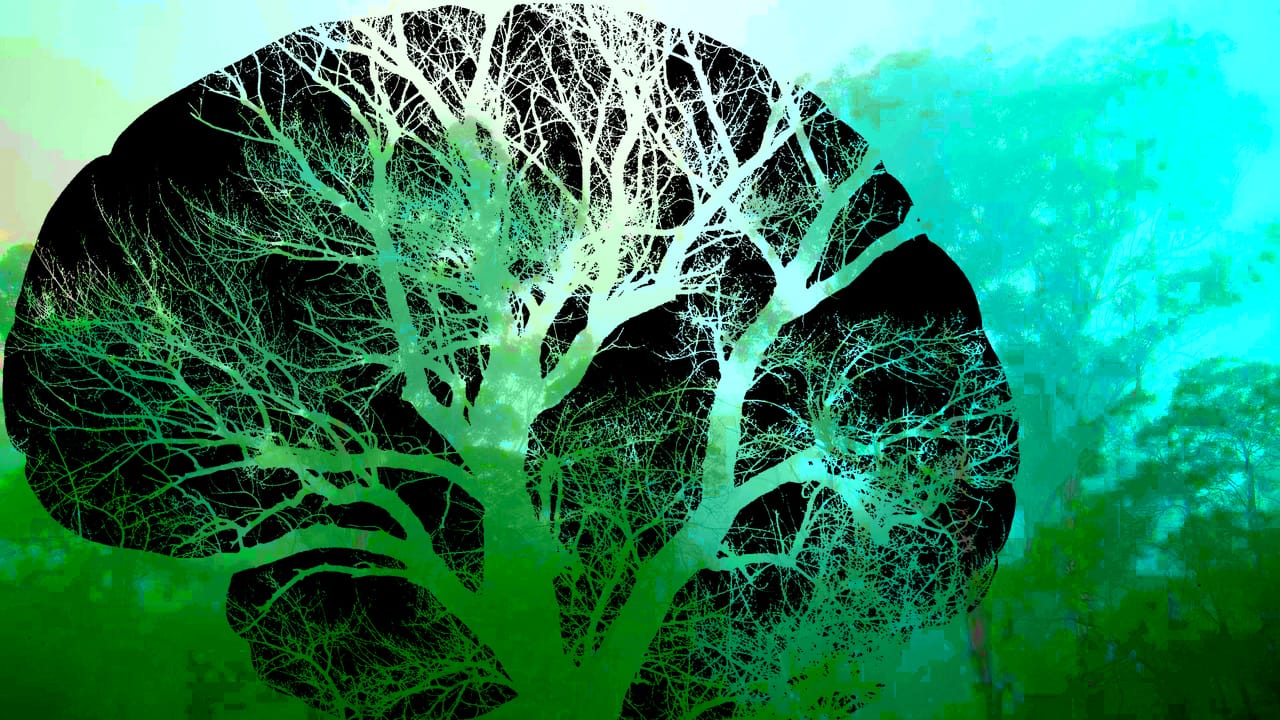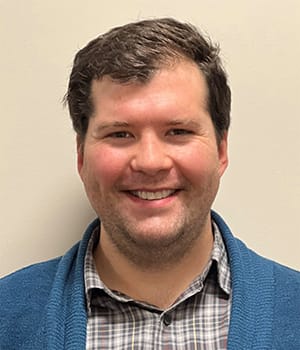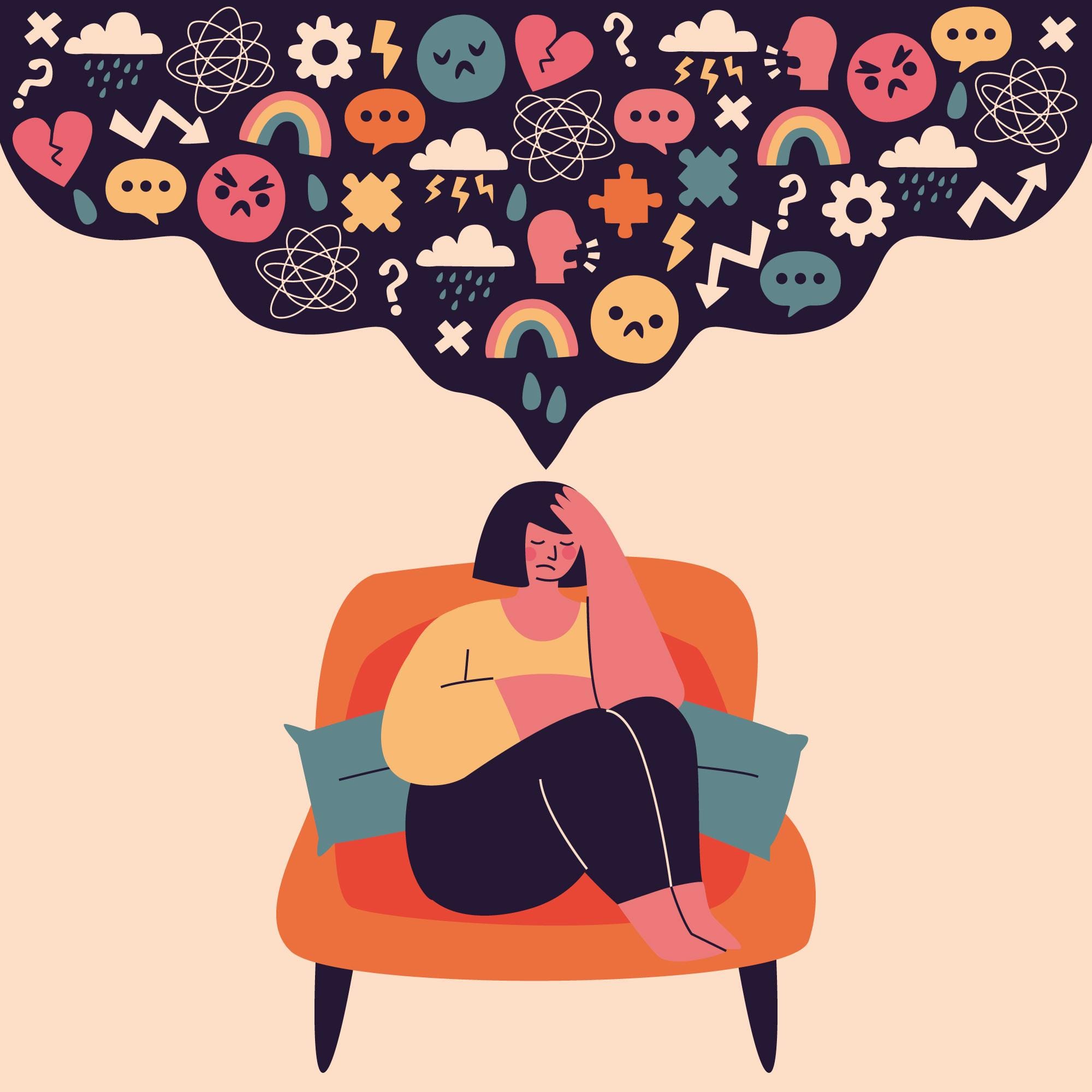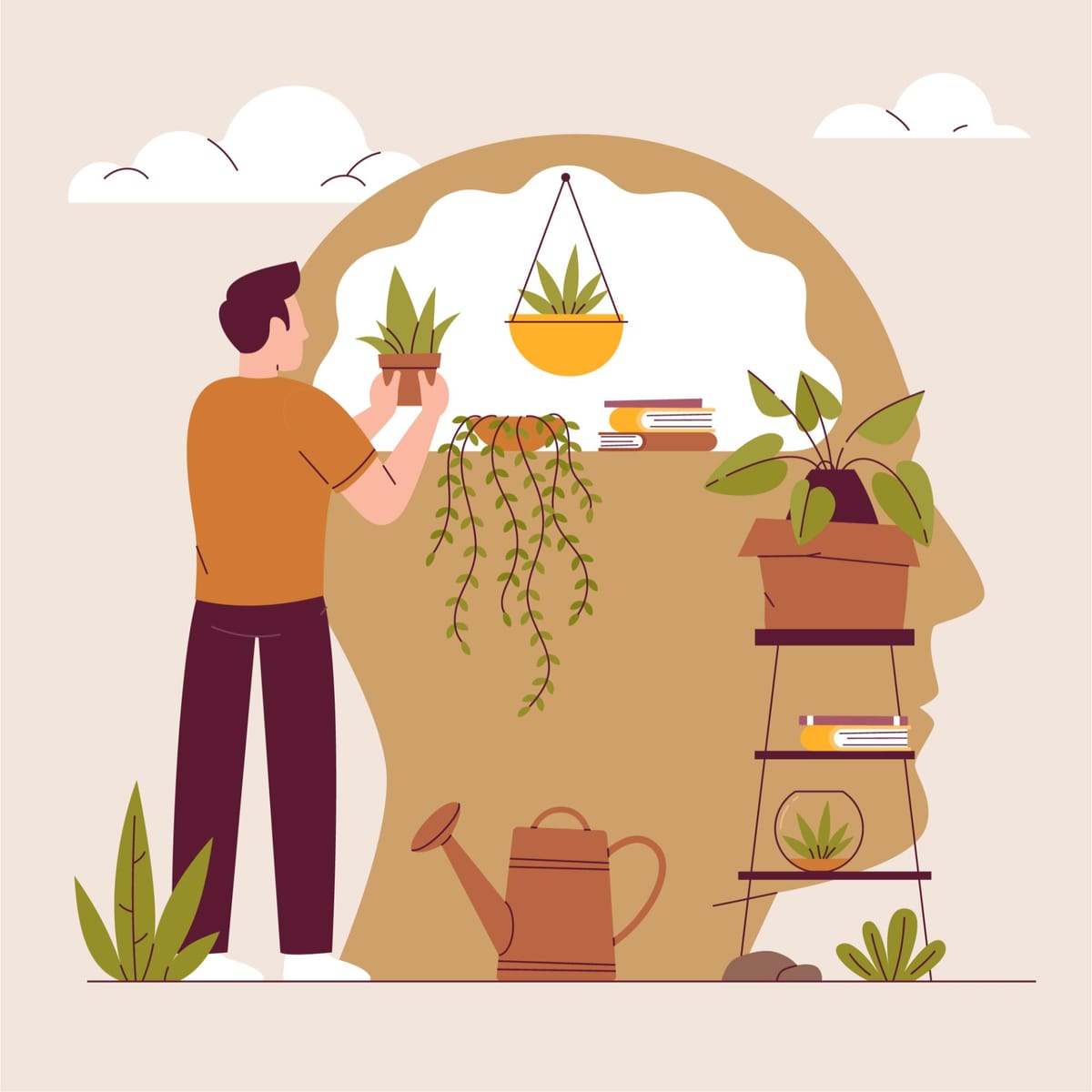From the Couch to the Commons: Mental Liberation Through Eco-therapy Part I


Summary:
In this two part interview Chris Kemp emphasizes the interconnectedness of ecological and sociological oppressions in his therapeutic approach. He helps clients explore how systemic issues like climate change impact their mental health without imposing his own values. For example, in Michigan, industrial pollution often triggers feelings of powerlessness. Kemp validates these emotions as natural responses to real problems, encouraging clients to see their pain as a signal of what matters to them. He fosters resilience by shifting the focus from individual helplessness to collective action, aligning with Acceptance and Commitment Therapy (ACT), which centers on personal values and meaning.
Kemp also discusses his experimental work in ecotherapy, including a therapeutic garden at his clinic. The garden, designed with native plants for sustainability, offers an alternative therapy setting. While still in early stages, clients have reported feeling more grounded and connected during sessions outdoors. Kemp envisions expanding this into community-based ecological restoration projects, blending therapy with hands-on environmental work to address both personal and planetary healing.
He critiques traditional therapy’s tendency to individualize mental health struggles, advocating instead for a systemic lens that acknowledges broader societal and ecological contexts. Kemp’s future goals include developing mutual-aid-style group therapy focused on eco-restoration, where shared activities foster connection and empowerment.
The interview closes with Kemp encouraging support for local mutual aid efforts, particularly those addressing housing, food security, and environmental justice.
Jeff Jones (Liberation Psychotherapy)
Could you tell us a little bit about who you are, how you became a therapist?
Chris Kemp
My name is Chris and I’m trained in social work. I’ve been practicing for about three years now. I’m still relatively new to the field, but very much feel honored and grateful to get to do the work. Prior to doing therapy, I did more technical work, a lot of computer stuff, research work, statistics. I got a master's in statistics with the hope of doing good with numbers essentially for lack of a better phrase.
I found my way into public health research and really enjoyed that. It was kind of like the HIV implementation science side of public health. There's the biomedical side of HIV and infectious disease work and then there's the implementation science side that looks at how we actually build health systems that effectively deliver care to people.
I was lucky to be involved with the project for a few years and in that world. I found myself having this yearning for more direct work with people. I sat with that for a few years, doing some soul searching so to speak, and thought about what would be best for me.

Medicine seemed like a great field for some people, not so much for me. The education wasn't speaking to me and in the HIV work, as you know, HIV is not a random virus. People at higher risk are people who are exposed to marginalization of every kind. That's not a mystery to people who study these things. I think it's an apparent fact but to me it was striking. It got the gears turning in my head. Something was speaking to me in my soul.
I didn't feel confident in my ability to provide psychological assistance, at least in the conception I had at the time of that.
I thought, if I can be a little candid here, I'm not fit for that. I haven't worked out my own issues. How could I really help other people in similar circumstances? So I shelved that idea for a decade and a half.
Some people I was close with started to ask if I’d thought about it. They could tell I was in this soul-searching phase after getting my degree in statistics and doing the public health research. That was sort of another nudge in that direction, like, oh, well people who know me are identifying something here.
I landed on social work. For me, that was appealing because I thought social work was a multi-faceted perspective on a service career. It's not just in psychology, it's not just in the more academic side of change work and social change work, it's a hybrid of all of these things.
Jeff Jones (Liberation Psychotherapy)
Where are you at now?
Chris Kemp
I work at a community health center. We get some federal funding to be a health care provider for anyone. A pretty interesting place to work in the current political climate.
Jeff Jones (Liberation Psychotherapy)
I can imagine.
Chris Kemp
It's wild. These things can always changing, but it seems like our funding is safe for now.
Jeff Jones (Liberation Psychotherapy)
We are talking about ecopsychology and ecotherapy. How do you integrate the interconnectedness, if you will, of ecological and sociological oppressions into your work?
Chris Kemp
I love the question. Where I've landed so far is never telling a client what their values are, but tuning into what may be part of their reality, that's just so pervasive, that it's almost like background noise. I have some clients who are very much in tune with what's going on with climate change and aware of localized versions of climate destruction, biodiversity loss, habitat destruction and watershed changes that make the ecosystem function less well. Then others that don't really pay attention so much. I'm not here to tell them to pay attention to this or what they need to care about this. I'm never telling people what they should value and what they should be concerned with. When systems butt up against their lives and either cause direct harm or impinge on their autonomy, there can be some empowerment by exploring openly with them.

Some of this looks like it's coming from systems that are products of decisions that people with power are making. That’s one aspect.
I think the other is not losing hope in the face of that, especially when we're talking about power disparities, maybe being part of a system of oppression. Naturally when we face that as an individual, it's like, what can I do? I can't fix climate change. One of the local issues that comes up in Michigan, kind of ironically in the Great Lakes States as we like to call ourselves, is that fairly frequently in the news, there's industrial dumps that lead to long term contamination. Decades, or even centuries projected long major pollution events. Sometimes this comes up and people are disparaging about what they can possibly do about it. I don't have the answer but I hope people realize they don't have to be in this alone. We shift the burden so that it’s not just you versus this incredible immense wave that you can't push against on your own. Now there's two of us who care.
There's this parallel to a classic behavioral activation thing, sometimes we'll call a community activation looking at how we can move with the community to help people understand, whether it's through dialogue or finding ways that they could tune into community action. Again, not with me suggesting what they should care about but you find that people generally do share these values- people want to live in places that they feel healthy in.
Jeff Jones (Liberation Psychotherapy)
How do you help clients navigate those feelings of grief and anxiety or that feeling of powerlessness related to ecological destruction, while also hoping to empower resilience?
Chris Kemp
In general, even though we're all individuals and we all function uniquely, I think there's some universalism going on. If something causes psychological pain or physical pain or a somatic experience of pain usually it's a signal that something isn't quite right. Helping people identify what the meaning of that pain is, whether it's an eco anxiety or maybe hopelessness or depression about the state of the world, showing that pain is coming from somewhere. That is your mind registering that things aren't quite right and you know I think that's usually a good starting point when I'm working with someone dealing with one of these kind of sources of struggle.
Jeff Jones (Liberation Psychotherapy)
As therapists, especially in the U.S., we tend to think in practices of only working one-on-one for an individual and their pain. I'm not sure about you, but I have never had anybody just talk about depression, anxiety, etc.
It is almost exclusively spoken about in relation to a lover, to the family, to jobs, to racism, to bigger things. It is never just about that depression, anxiety, or other diagnosis.
Chris Kemp
I very much agree. I work with a lot of physicians and they as caring humans understand that anxiety is not just this thing in isolation. But it looks that way in the way we document, the way we talk about these things, the way we prescribe medications for it and the way they refer people to us for therapy- ‘so and so has anxiety, could you help?’ I'm usually interested in a little more than just anxiety on its own.
I was in my master's internship when I had a little bit of a professional existential crisis with this thought in my head of ‘am I just learning how to patch people up and send them back to the industrial machine?’ It's disheartening to think I could get really good at therapy, and that's going to be the best I'll do. I don't really believe that's what is going on when I'm in tune with a person. I think it's a potential outcome if I don't put up some guardrails to that.
I think one of the things that's helped me in some ways has been the modality I most rely on. I don't try to pitch myself too much into one modality but I practice acceptance and commitment therapy. It’s heavily based on values, in terms of what a person values themselves, what gives them a sense of meaning, what brings them a sense of vitality. That is one side of the values but just as much as those positive valence experiences are the negative valence experiences of pain and suffering. There's a sort of pithy phrase in act often. It’s taught when you're starting- what matters to us is also a source of pain, what hurts is also a signal of what matters to us. So these are two sides of the same coin, so to speak. If you want to know what a person yearns for that's showing up when they're saying I'm anxious or I've been experiencing daily panic attacks. It's typically signaling that they really care about climate and really care about social justice issues.
You don't want to be stuck in the capitalist treadmill for your whole life. So it's a useful framework to me for helping clients contextualize their pain.
Jeff Jones (Liberation Psychotherapy)
That they're not living towards their values because they don't have a chance?
Chris Kemp
It's a good question. I think that could be a direction we go with it but even just to sort of sit with that foundational question of what does our pain mean?
I work with a fair number of young people and they're looking at the world. Their parents were told to go get a career. Those careers are vanishing. They're still struggling with money. They're not happy. They're chugging along every day. But the youth think why would I want that to be my life? Not to over generalize, but that is a fairly common experience for a lot of the young people I work with.
I think what I often want to do with clients is question if the pain might not entirely be your enemy, the situations driving the pain, very worthy of a coherent response, but the pain itself, that could be a signal that something else matters here to you.

We’ve learned to just meditate our way out of it or cope our way out of it. But are we masking something that we really should tune into?
I don't want to be presumptive too much with a client. I think we all have opportunities for moving closer to our values. I don't necessarily want to push it on people. It's a delicate topic when it comes to the question of how close we are living into our values.
Jeff Jones (Liberation Psychotherapy)
I really appreciate you even bringing up this form of act when you think of working with the climate disaster and anxiety around it. Because I tend to practice more through an existential lens. It swaps one out for the other, for example nuclear war for global warming, but doesn't actually give it nuance for what we're talking about. It’s not the same thing. It's like saying that we should work against racism and sexism in the same ways, but we don't. They are very different things. They both might both stem from unjust hierarchical relations but how you respond is very different.
Chris Kemp
I don't want to critique it. I love existential therapy. What I know about it, my understanding of it is that it can be a really powerful way to interact with our struggles. I don't want to assume that it's missing the mark. For sure, experiences of racism, experiences of sexism would merit different responses. Yet there's some underlying common dynamics, like limiting freedom, direct harms, lost opportunities. All of those harms can manifest from different forms of oppression, even though, you wouldn't want to assume that one is just totally exchangeable for the other.
To read part II


